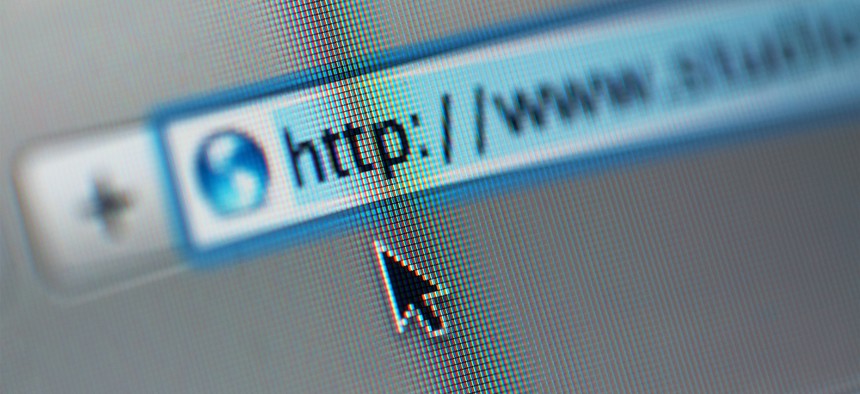Governments Could Make or Break the Free Internet in the Next 10 Years

Volodymyr Krasyuk/Shutterstock.com
Experts predict the future in new Pew report.
Here are two ways governments could undermine Internet freedom in the coming decade: They could block and filter it more, and they could stir greater mistrust by using it to conduct more intrusive surveillance programs against citizens.
That’s according to a canvassing of more than 1,400 experts conducted by the Pew Research Center, which asked for opinions and predictions about the future of the Internet.
Respondents noted an increasing tendency for governments worldwide to regulate the Internet -- especially among regimes that have faced protests. Egypt, Pakistan and Turkey were presented as countries that had blocked access and controlled information flows when they were under perceived threat, and China’s “great firewall” was offered as an example of Internet censorship.
In addition to authoritarian regimes, “Canada and Australia have threatened to filter all Internet content to get to child porn," said Jeff Jarvis, director of the Tow-Knight Center for Entrepreneurial Journalism at the City University of New York Graduate School of Journalism. "Once one government is given the means and authority to filter communication, information, and content for one reason, then any government can do so for any reason.”
Other respondents, however, were more optimistic, citing regulations and innovation that promote openness.
“There's a lot of work underway now in developing open-source, interoperable and encrypted versions of social media, in response to the increasing authoritarianism and state collaboration of existing walled-garden media,” noted Kevin Carson, a senior fellow at the Center for a Stateless Society.
Tools for sharing on the Internet wouldn’t be of much use, however, if people become unwilling to share information in the first place -- a problem some of the experts saw resulting from revelations about surveillance programs run by the National Security Administration and other governments.
“Privacy issues are the most serious threat to accessing and sharing Internet content in 2014, and there is little reason to expect that to change by 2025, particularly given the cyber terror threats confronting the Internet users and worldwide businesses,” Danah Boyd, a research scientist for Microsoft, said.
Experts noted both NSA surveillance and the recent Target data breach as incidents that might make Internet users wary. Jarvis, for one, found governments most concerning.
“Government poses the greatest threat to the Net's freedoms,” he said. “I don't know which force—censorship or spying—will lead to greater degradation of Net freedoms. Both come from government."
He said he hopes hackers and independent technologists will stay ahead governments. “I also hope that technologists—programmers, mathematicians, statisticians, et al—will begin robust discussion of the ethics that govern their own power and how they will use it for public good.”
(Image via Volodymyr Krasyuk/Shutterstock.com)






